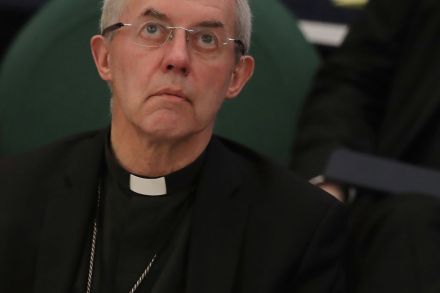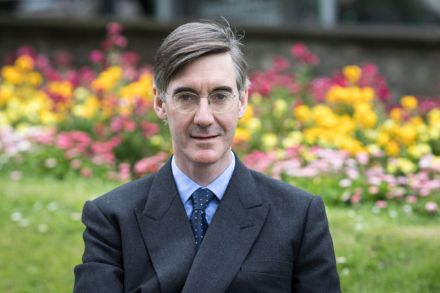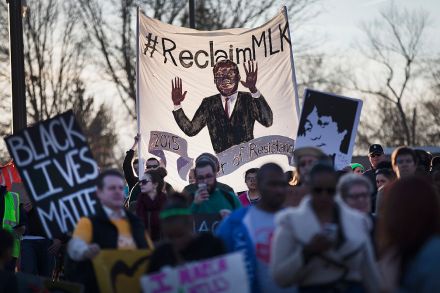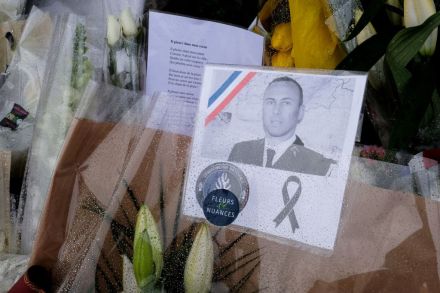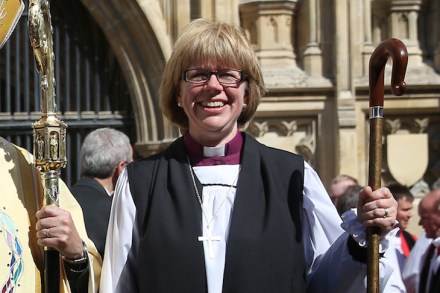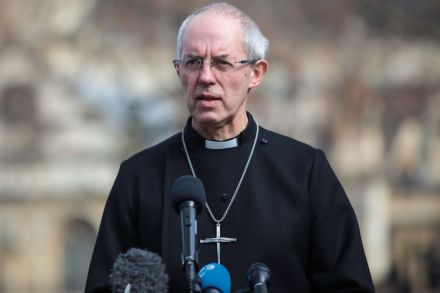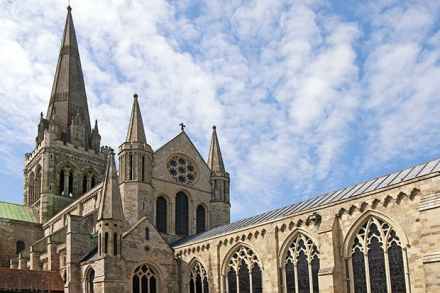The term ‘marriage’ needs to be untangled
Rebecca Steinfeld (37) and Charles Keidan (41) have a moral objection to marriage. They’ve been together since 2010, have two very small children, but haven’t tied the knot. This, they say, is because the law doesn’t offer a knot they’re comfortable tying. ‘Charlie and I see each other as partners already in life, and we want to have the status of being partners in law,’ says Rebecca. They hold (and you may agree or disagree but it’s not a crazy view) that the concept described by the word ‘marriage’ is asymmetrical between the man and the woman, and inextricably tangled with religion and with cultural attitudes this couple (and others)


